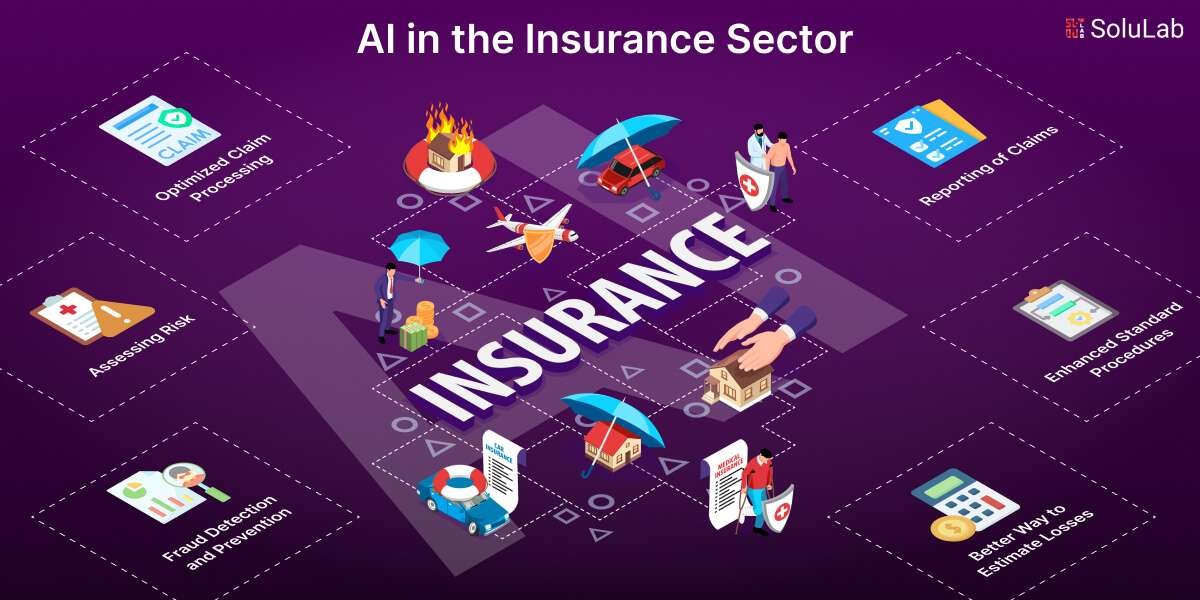Artificial intelligence startups operate in a space defined by rapid innovation, high stakes, and evolving legal frameworks. These companies are often built around complex algorithms, massive datasets, and autonomous decision-making systems that can transform industries—but also introduce unprecedented risks. As AI becomes more embedded in critical sectors like healthcare, finance, and transportation, the potential for unintended consequences grows. Insurance for AI startups is not just a formality or a checkbox for compliance—it’s a strategic tool that enables growth, fosters trust, and shields the business from liabilities that could otherwise derail its trajectory.
One of the most pressing concerns for AI startups is the risk of algorithmic failure. When an AI system makes a decision—whether it’s approving a loan, diagnosing a medical condition, or recommending a product—it does so based on training data and programmed logic. But if that data is biased, incomplete, or misinterpreted, the outcomes can be flawed. These errors can lead to financial loss, reputational damage, or even harm to individuals. Errors and omissions insurance, also known as professional liability coverage, is designed to address these scenarios. It protects the company when its technology fails to perform as expected or when clients allege negligence. For AI startups, this coverage is particularly vital because the consequences of a faulty algorithm can be far-reaching and difficult to predict.
Cybersecurity is another critical area of exposure. AI systems often rely on vast amounts of sensitive data, including personal, financial, and proprietary information. A breach of this data—whether through hacking, insider threats, or accidental leaks—can have devastating consequences. Cyber liability insurance helps mitigate these risks by covering the costs of breach response, legal defense, regulatory fines, and customer notification. It also supports recovery efforts, such as restoring systems and managing public relations. In an environment where data is both an asset and a liability, cyber insurance provides a financial safety net that complements technical safeguards like encryption and access controls.
AI startups also face unique challenges when it comes to intellectual property. Many of these companies invest heavily in developing proprietary algorithms, training models, and software platforms. Protecting these assets from infringement or misappropriation is essential to maintaining competitive advantage. Intellectual property insurance can help cover legal costs associated with defending patents, copyrights, and trade secrets. It also provides support if the startup is accused of infringing on another company’s IP—a scenario that can arise unexpectedly in a crowded and fast-moving field. For founders and investors alike, this coverage adds a layer of confidence that innovation won’t be stifled by legal disputes.
As AI startups grow and begin to engage with enterprise clients, insurance becomes a key factor in securing contracts. Large organizations are increasingly cautious about the risks associated with integrating third-party AI solutions. They want assurance that if something goes wrong, the startup has the financial backing to address the issue. Insurance acts as a contractual risk transfer mechanism, signaling to potential partners that the startup is a stable and responsible vendor. It can be the difference between winning a deal and being passed over for a more established competitor. In this context, insurance is not just protection—it’s a business enabler.
Leadership liability is another area that deserves attention. AI startups often operate in uncharted territory, making strategic decisions that can attract scrutiny from regulators, investors, and the public. Directors and officers insurance protects company executives from personal liability if they are sued over decisions made in their official capacity. This coverage is especially important in industries where AI intersects with public policy, ethics, or consumer rights. It ensures that leaders can make bold decisions without fear of personal financial ruin, and it helps attract experienced talent to the boardroom.
Navigating the insurance landscape can be challenging for AI founders who are more focused on product development and fundraising. The terminology is dense, the policies are nuanced, and the stakes are high. Working with a broker who understands the AI space can make a significant difference. A knowledgeable advisor can tailor coverage to the startup’s specific risks, negotiate favorable terms, and ensure that policies evolve alongside the business. This partnership is not just about buying insurance—it’s about building a resilient foundation for innovation.
Cost is often a concern, especially for early-stage startups. Insurance premiums can feel like a burden when resources are tight. But the cost of being uninsured—or underinsured—can be far greater. A single lawsuit, data breach, or regulatory investigation can drain capital, distract leadership, and damage the brand. Insurance should be viewed as an investment in stability, not just an expense. It also plays a role in fundraising, as investors increasingly expect startups to demonstrate robust risk management practices. Having the right coverage in place can make the company more attractive to venture capital and private equity firms.
Ultimately, insurance for AI startups is about more than transferring risk—it’s about enabling bold ideas to flourish in a world that demands accountability. It reflects a commitment to responsible innovation, a readiness to face uncertainty, and a belief in the long-term value of the business. As AI continues to reshape industries and redefine possibilities, the companies leading this transformation must be prepared for the challenges that come with it. Insurance is not a barrier to progress—it’s a bridge to sustainable growth.





